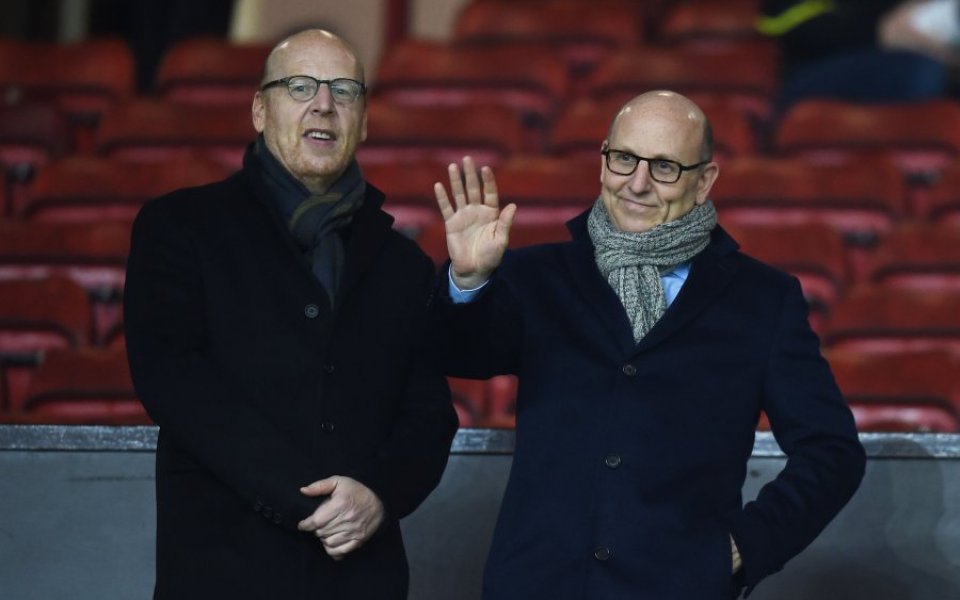Why Manchester United investors may be losing faith in the Glazers’ ownership

Manchester United’s share price has fallen by over 20 per cent since the start of the year, reflecting the team’s struggles on the pitch which have left them in danger of missing out on Champions League qualification.
Yet the degree of decline in United’s share price and the extended period over which it has occurred may reflect longer term uncertainty over the club’s profitability, rather than simply the short -term results and their impact on revenue in the short to medium term including Champions League qualification.
It's debatable whether any football club can sustainably compete at the elite level and simultaneously generate a profit when it is up against other clubs where the owners – in some cases fans – reinvest profits into the club as we see at rivals Real Madrid, Barcelona, Bayern Munich and Manchester City. It may be that the market – and indeed the majority owner Glazer family – are only gradually coming to this realisation.
Theoretically, if one club can generate so much more revenue than its rivals then it would be able to compete for the best players whilst still retaining a surplus profit but thus far such a trick has proved difficult to pull off consistently for any club.
Read more: What's behind Manchester United's share price slump?
Manchester United's revenues have grown strongly in recent years but so have those of our competition. While we expect to see the club regain its place at the top of the revenue league next year, the degree of investment required to make the team competitive again could well swallow up all of that revenue and more. Worse still, although squad investment, particularly total wage bill, is the best predictor of success on the pitch it certainly doesn't guarantee it.
[charts-share-price id="82"]
Paradoxically, the huge new £8.3bn Premier League TV deal might actually be a negative for Manchester United's profitability because the way TV money is distributed across the league effectively levels the playing field, thus strengthening competition and diluting United's competitive advantage which would otherwise be derived from greater commercial and matchday revenues.
The seeds of the problems we see today – both in investor sentiment and the team’s results – were sown in the period from the 2005 takeover through to perhaps 2013 as the club suffered from relative under-investment compared to our rivals, the effect of which took years to show. Similarly, turning the investment tap back on can also take years to show in results on the pitch – and even longer commercially.
So, it will take some time to repair the damage inflicted on Manchester United by the Glazers between 2005-2013 because the money they extracted to fund their takeover meant there weren't sufficient funds to fix the roof while the sun was shining.